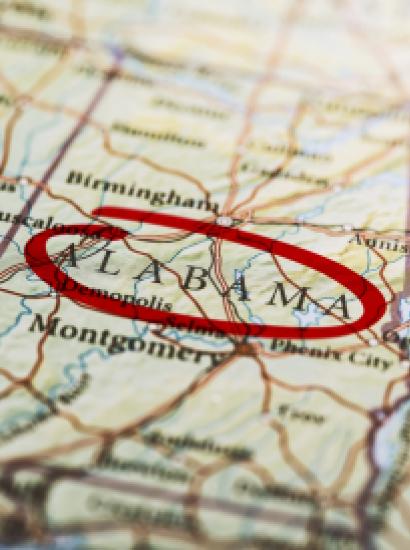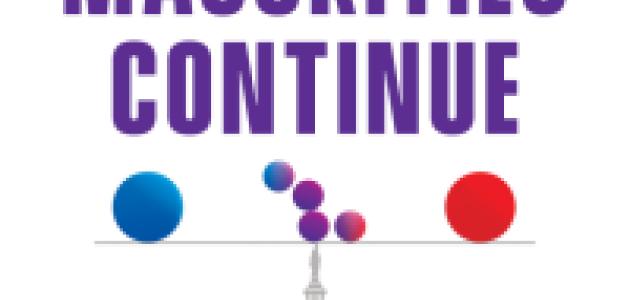Hoover Institution (Stanford, CA) – The Hoover Institution’s State and Local Governance Initiative celebrates the Alabama Legislature’s passage and Governor Ivey’s signing of the Transparency in Incentives Act into law. This legislation calls for the Department of Commerce to publicly disclose information about each company receiving incentives under the expanded Alabama Jobs Act. It also forms a Joint Legislative Advisory Committee that will monitor and evaluate the development of project agreements and the awarding of economic development incentives by the Department of Commerce. These incentives are estimated to cost several hundred million dollars per year. Learn more about the transparency legislation here.
For the past two years, the Hoover Institution’s State and Local Governance Initiative has been actively working with Alabama, starting with its Innovative Alabama report for the Alabama Innovation Commission. This report inspired Hoover scholars, including Joshua Rauh, Rebecca Lester, and Natalie Millar, to independently conduct a third-party evaluation of the impact of business incentives in Alabama. Prior studies evaluating the impact of business incentives, both nationwide and in specific states, produced mixed results. These prior studies had one thing in common: they relied on incomplete data. The Hoover scholars’ prior research on transparency around business incentives, as well as their engagement in Alabama, assisted with the legislation passed by the Alabama Legislature.
This type of collaborative approach between scholars and city and state governments is the goal of the State and Local Governance Initiative, according to Alabama state senator Garlan Gudger and state Senate president pro tem Greg Reed.
“Dr. Rebecca Lester and Dr. Natalie Millar’s presentation at the 2023 Winter Economic Development Association on the impact of local business incentives sparked the conversation about transparency around state business incentives in Alabama,” Gudger said.
“A greater understanding of the impact of business incentives on the economy is needed in Alabama. As Alabama works towards this deeper understanding of business incentives, it is important to obtain input from researchers, like Hoover scholars, who have dedicated their lives to understanding and evaluating the impact of business incentives—which is why I added an amendment in Alabama’s economic transparency legislation to create the Joint Legislative Advisory Committee on Economic Incentives that will select a third-party review of state incentives in Alabama. I look forward to working with Dr. Millar and Dr. Lester for years to come.”
“Having worked with the Hoover Institution during its involvement with Innovate Alabama, I have a tremendous amount of respect for the value it brings to putting sound economic policy into action,” Reed said. “I appreciate the Institution’s continued interest and engagement in Alabama, especially the insight on transparency that Dr. Millar and Dr. Lester provided as we were working to renew our state’s economic incentives.”
The State and Local Governance Initiative endeavors to continue this model of deep engagement and partnership with state and local leaders. The team looks forward to engaging with lawmakers in Alabama on business incentives and other topics for years to come.
About Hoover Institution’s State and Local Governance Initiative:
The Hoover Institution’s State and Local Governance Initiative is a team of economic researchers led by senior fellow Joshua Rauh, whose aim is to produce high-quality, empirical research with actionable policy recommendations for state and local policy makers. It accomplishes this through partnerships with state and local government agencies, state legislatures, and state-focused nonprofit organizations. Its current areas of focus include economic development, workforce training, public pensions, tax policy, infrastructure, and energy policy.























